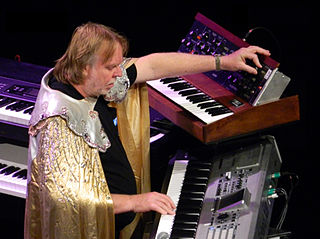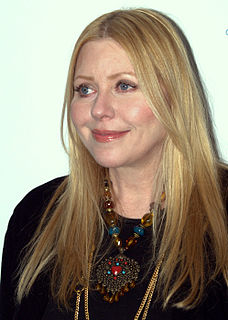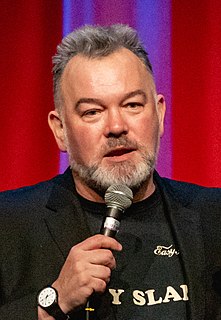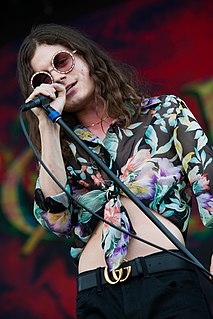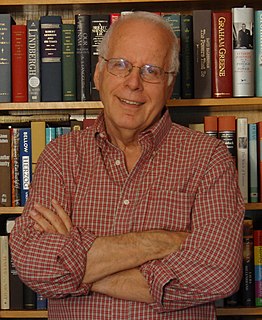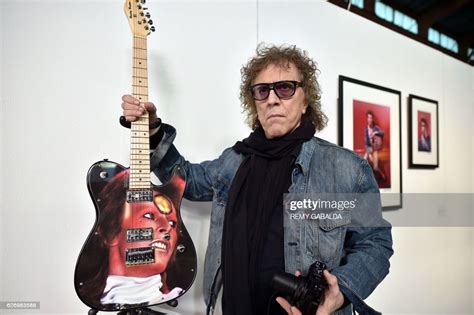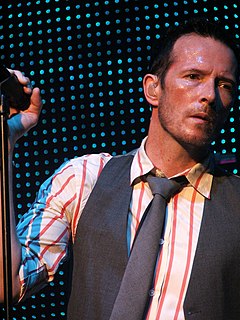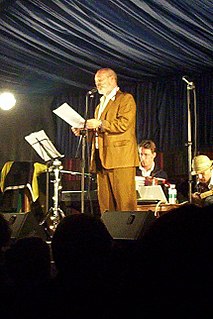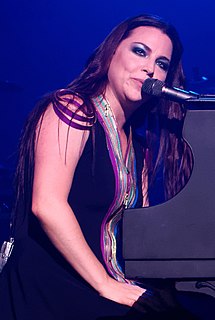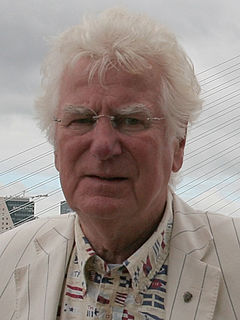A Quote by Maria Cornejo
My aunt made stuff; my mom was creative, so I was surrounded by that. When I moved to England, it was '75, and everything was happening. My whole teenage life is England, glam rock and David Bowie and Sex Pistols and Iggy Pop, all that stuff.
Related Quotes
The 1970s was probably the most exciting decade to be a teenager, from discovering Little Richard at the end of the 1960s to glam rock to punk rock to electro music. So much happened in that 10-year span. There were so many musical revolutions. Some were happening at the same time. You had disco going on behind punk. You had Michael Jackson. You had the Sex Pistols.
Punk changed everything. It blew away all the dull, pompous stuff that happened before, like glam rock. Kids were getting involved in causes like Rock Against Racism and they needed music that reflected that. Something similar was happening in comedy too, with the Comedy Store and the alternative scene that I got involved in.
I don't think we ever sat down in the early days and said "hey lets be a band that wears make up". I think it was just natural for us. We grew up loving stuff like Alice Cooper, Kiss, The Misfits, and the more theatrical stuff. I always loved rock stars. I loved David Bowie and Freddie Mercury, and these people that were larger than life and iconic. I think that is what we always wanted to do.
I come from a musical family. Mom was a piano teacher for a large portion of her life, and Dad is a saxophone hobbyist who grew up in England during the heyday of Tubby Hayes and Ronnie Scott. I started taking piano lessons from my Mom, but it's too easy to slack off with your parent, so she passed me on to a friend of hers, where I got more motivated to play music by playing pop hits and TV themes. I did some classical training, but I was always more into the really thematic stuff.

